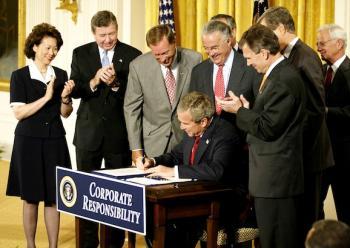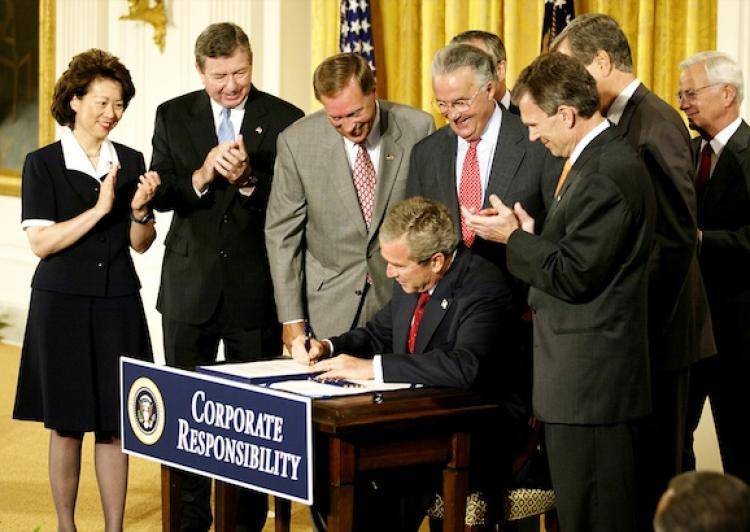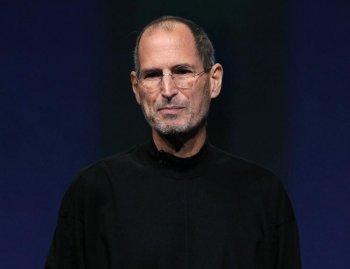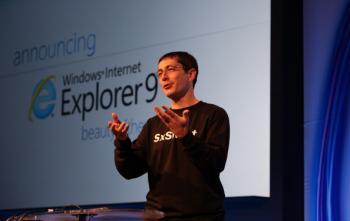The U.S. Supreme Court recently sided with the principals found in the Sarbanes-Oxley Act of 2002, along with the nonprofit organization that brought it to fruition.
The act and the Public Company Audit Oversight Board (PCAOB) will remain in effect but with a restriction on the members of the board, who can now be removed by a separate sector of the federal government.
The Sarbanes-Oxley Act was inspired by corporate scandals at Enron and WorldCom where large corporations operated with falsified accounting records. The act was established to allow the PCAOB the authority to monitor the actions of businesses without White House interaction. The Free Enterprise Board recently challenged the PCAOB’s power to act without presidential approval. The U.S. Supreme Court voted in favor of The Sarbanes-Oxley Act.
“I don’t think the ruling will seriously impact the board’s future efforts,” said Free Enterprise Attorney Mike Carvin to CNN Money.
The board in charge of monitoring business actions will now be subject to changes based on the Securities and Exchange Commission (SEC).
“I still see no way to avoid sweeping hundreds, perhaps thousands of high-level government officials within the scope of the court’s holding, putting their job security, and their administrative actions, and decisions constitutionally at risk,” said Justice Stephen G. Breyer to CNN Money.
The PCAOB posts all of the rules of the board that appear in their Rulemaking Docket that are open for public viewing and comments. On the board’s website they have written their affiliation with the SEC.
“Rules adopted by the PCAOB must be approved by the Securities and Exchange Commission before going into effect,” reads the board’s website.
While in the Senate the act was known as “Public Company Accounting Reform and Investor Protection Act.” When it was passed in the House, it was called “Corporate and Auditing Accountability and Responsibility Act.” The act has not been abolished but the board will have to become more transparent.
The act and the Public Company Audit Oversight Board (PCAOB) will remain in effect but with a restriction on the members of the board, who can now be removed by a separate sector of the federal government.
The Sarbanes-Oxley Act was inspired by corporate scandals at Enron and WorldCom where large corporations operated with falsified accounting records. The act was established to allow the PCAOB the authority to monitor the actions of businesses without White House interaction. The Free Enterprise Board recently challenged the PCAOB’s power to act without presidential approval. The U.S. Supreme Court voted in favor of The Sarbanes-Oxley Act.
“I don’t think the ruling will seriously impact the board’s future efforts,” said Free Enterprise Attorney Mike Carvin to CNN Money.
The board in charge of monitoring business actions will now be subject to changes based on the Securities and Exchange Commission (SEC).
“I still see no way to avoid sweeping hundreds, perhaps thousands of high-level government officials within the scope of the court’s holding, putting their job security, and their administrative actions, and decisions constitutionally at risk,” said Justice Stephen G. Breyer to CNN Money.
The PCAOB posts all of the rules of the board that appear in their Rulemaking Docket that are open for public viewing and comments. On the board’s website they have written their affiliation with the SEC.
“Rules adopted by the PCAOB must be approved by the Securities and Exchange Commission before going into effect,” reads the board’s website.
While in the Senate the act was known as “Public Company Accounting Reform and Investor Protection Act.” When it was passed in the House, it was called “Corporate and Auditing Accountability and Responsibility Act.” The act has not been abolished but the board will have to become more transparent.






